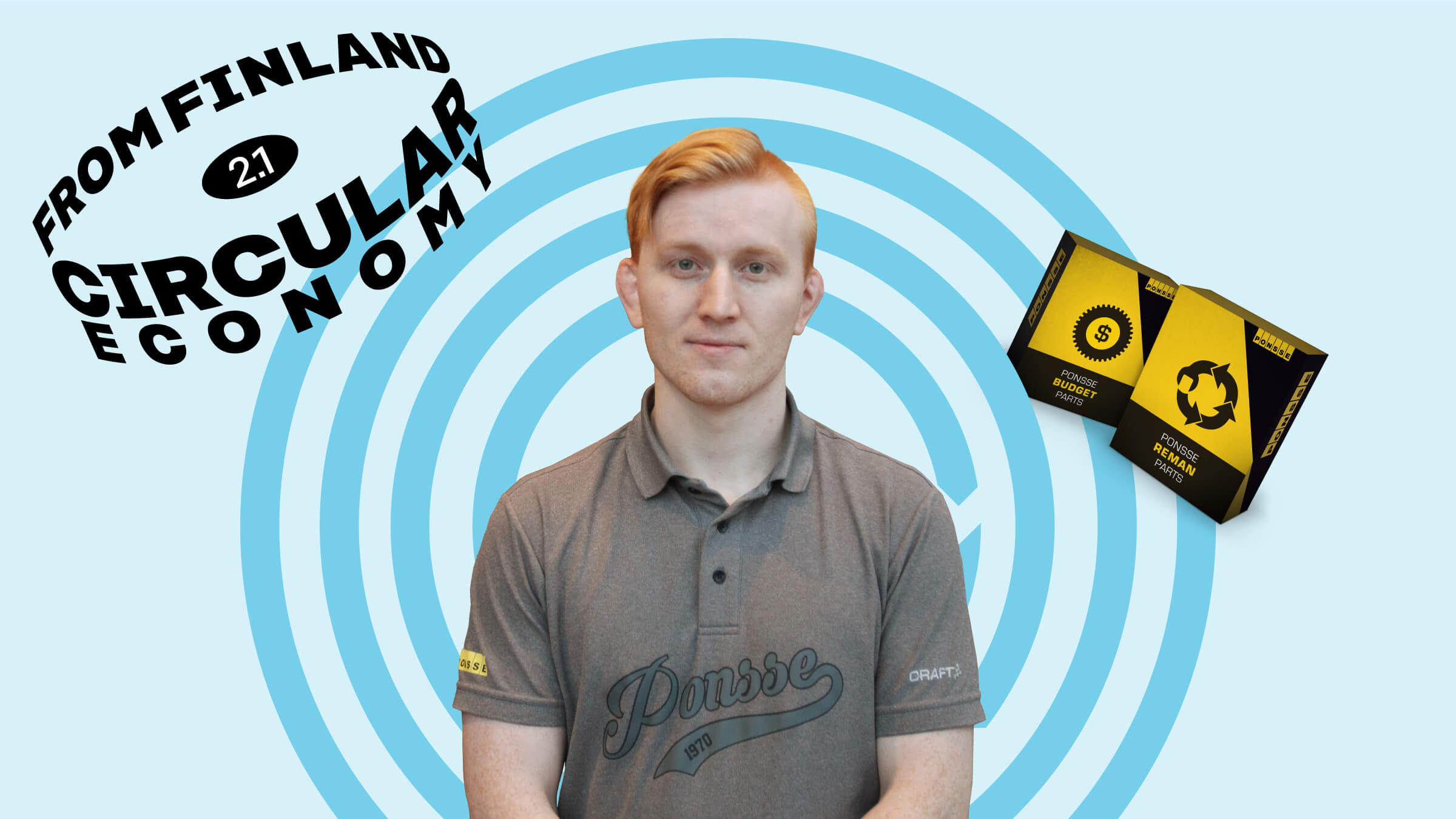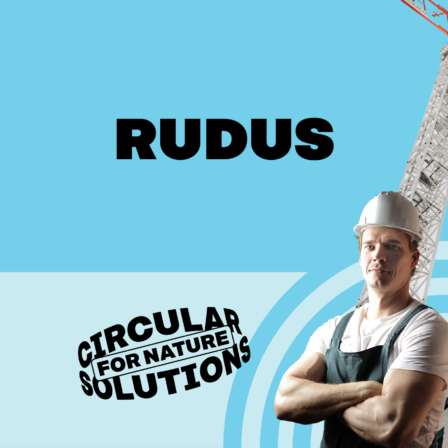“In the 1970s, Einari Vidgrén, who was an entrepreneur in the forest machine sector, was disappointed about the available forest machines and decided to build one himself. Ponsse started to grow when other contractors also became interested in the machines he had built.
Today, we manufacture forest machines for cut-to-length logging. These machines already cut the logs to the required length in the forest and transport them to the roadside. More than 10 years ago, at the request of our customers, we also began to recondition broken parts of forest machines. We have had an exchange service for forest machines since the 80s: when a machine is sold, Ponsse also accepts the used machine to be reconditioned for the next customer. Our aim is to extend the service life of forest machines by reconditioning machines and their spare parts so that they can be sold again.
I started at Ponsse in export sales alongside my studies, and as part of my master’s thesis I familiarised myself with the development of recycling and reconditioning at Ponsse. As a result of my thesis, the Ponsse “Recycling Centre” was founded in Iisalmi for processing parts that have broken when used by customers or in the factory or sales networks.
The parts that we receive for reconditioning are usually the largest parts of the machines, such as engines or gear systems. The reconditioned spare parts are sold on to customers at an affordable price or used in reconditioning the machines. The price of the spare parts includes a deposit that the customer gets back when returning the broken part to be reconditioned. This way we can ensure that we get new parts for reconditioning and the spare parts do not end up as waste.
By remanufacturing, we can minimise material wastage and serve our customers by offering affordable products. The recycled parts were surprisingly useful during the past year when there were problems in getting new spare parts. Our warehouses were not empty as we were able to offer recycled parts to our customers.
We are currently conducting research on the environmental impacts of the loading tractor used in forest work during its entire life cycle. The biggest emissions in the manufacturing come from the steel used as its raw material. Ponsse has used life-cycle assessment in conducting research on the environmental impacts of reconditioning and the results support the goals of the circular economy: the carbon footprint of an individual component is reduced by approximately one quarter when a reconditioned component is chosen instead of a new one. The better we can reuse the parts of the machines, the smaller the emissions of the machines will be during their life cycle.
In future, our aim is to found more reconditioning workshops closer to our customers and promote the circular economy of forest machines around the world.”

















Suosittelemme
Vielä yksi